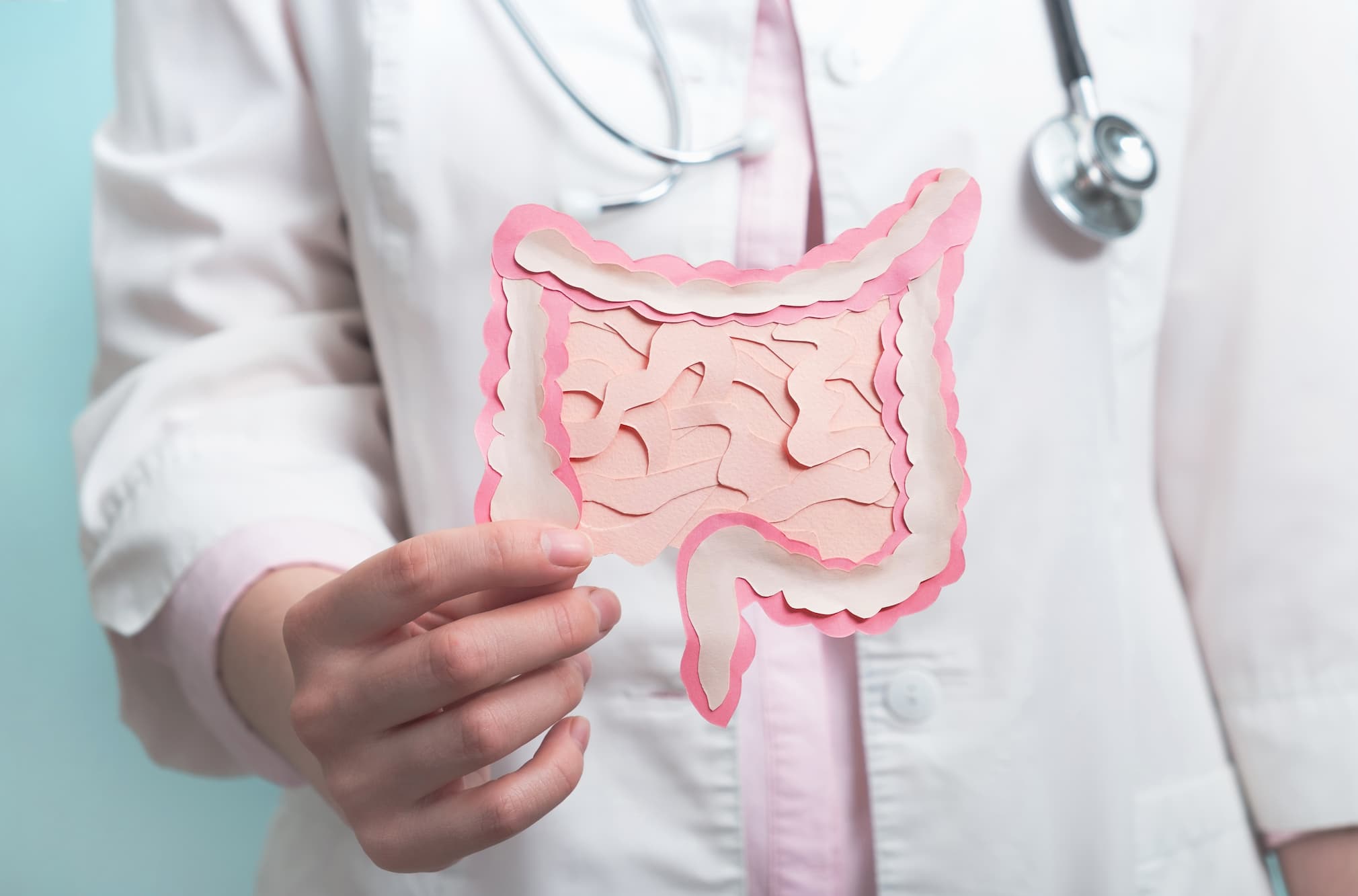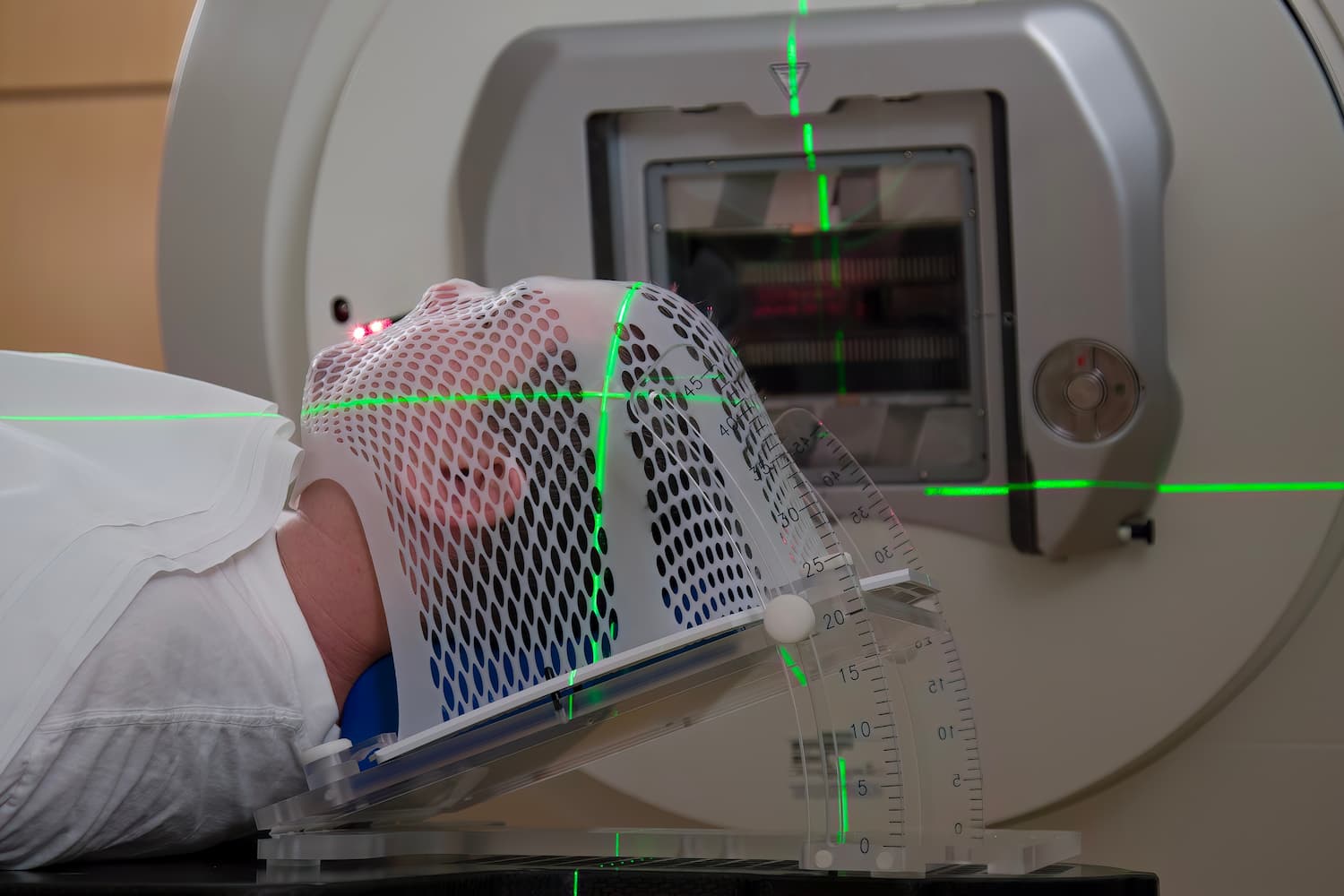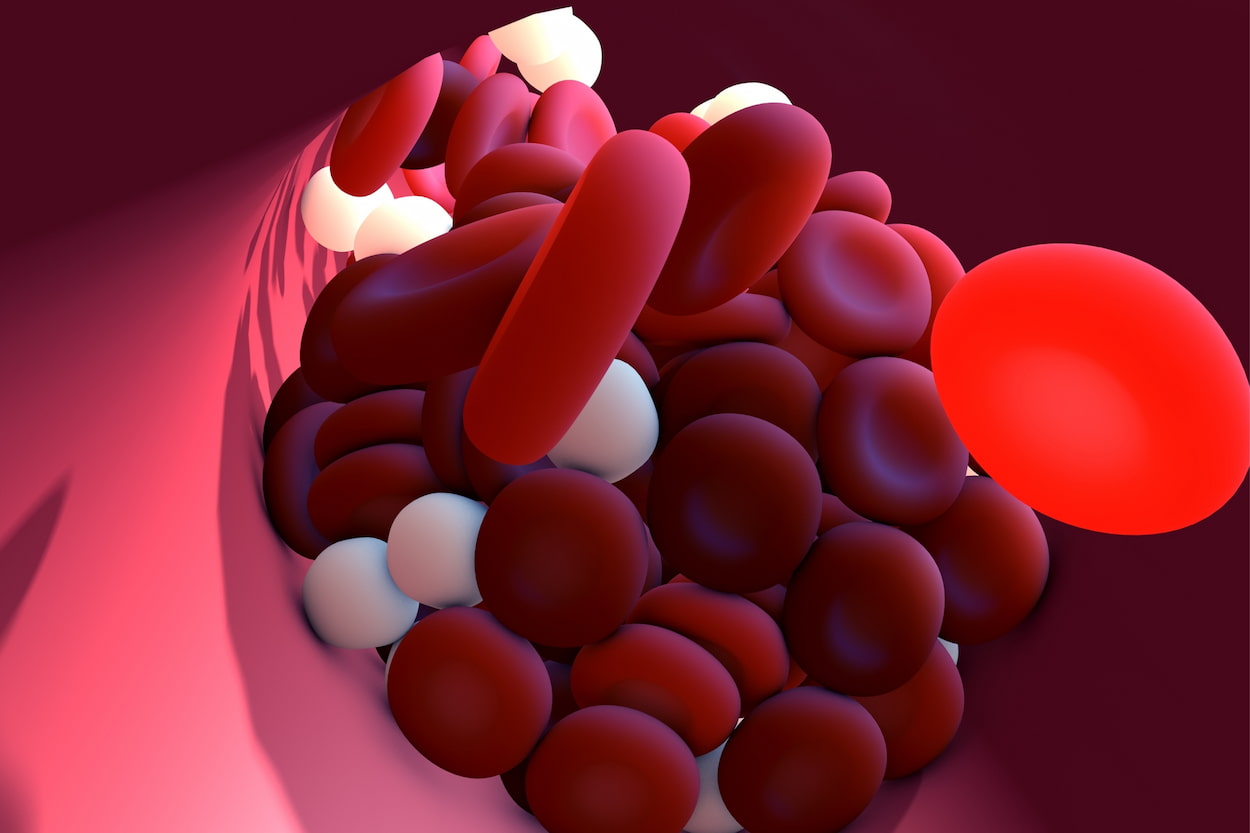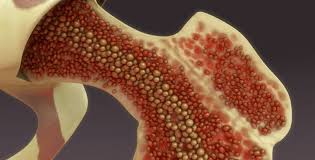
Diet for Colorectal Cancer
Colon cancer is a type of cancer that affects the colon, which is the final part of the digestive tract. It occurs when cells in the colon grow uncontrollably, forming a tumor. Colon cancer is one of the most common types of cancer worldwide and is known to affect both men and women equally. While several factors can increase the risk of colon cancer, diet plays a crucial role in its prevention and management. In this article, we will explore the best diet for colon cancer patients and discuss the foods that should be avoided.
What Is Colon Cancer?
Colon cancer, also known as colorectal cancer, is a type of cancer that affects the colon or rectum, which are part of the large intestine. It typically begins as small noncancerous growths called polyps that form on the inner lining of the colon or rectum. Over time, these polyps can become cancerous and spread to other parts of the body.
Symptoms of colon cancer can vary depending on the stage of the cancer. In the early stages, there may be no symptoms at all, which is why regular screening is important. As the cancer grows, symptoms may include changes in bowel habits, such as diarrhea or constipation, blood in the stool, abdominal pain, cramping, or bloating, fatigue, unexplained weight loss, and a feeling that the bowel doesn’t empty completely.
Several risk factors can increase the likelihood of developing colon cancer. These include age, family history of colon cancer or polyps, personal history of inflammatory bowel disease, a diet high in red and processed meats, a sedentary lifestyle, smoking, and excessive alcohol consumption. It is important to be aware of these risk factors and to discuss screening options with a healthcare provider. Early detection is key in the treatment and management of colon cancer.
Foods to Include in a Diet for Colon Cancer Patients
A healthy diet is crucial for colon cancer patients as it can aid in recovery and reduce the risk of recurrence. Here are some of the foods that should be included in a diet for colon cancer patients:
High-Fiber Foods: Foods that are high in fiber can help prevent constipation and regulate bowel movements. Some examples of high-fiber foods include whole grains, fruits, and vegetables.
Lean Proteins: Protein is essential for the repair and growth of tissues in the body. Lean proteins, such as chicken, fish, and tofu, are excellent sources of protein that can be included in a colon cancer patient’s diet.
Healthy Fats: Healthy fats, such as those found in nuts, seeds, and avocados, are essential for maintaining a healthy weight and reducing inflammation.
Fermented Foods: Fermented foods, such as yogurt, kimchi, and sauerkraut, contain probiotics that can help promote a healthy gut microbiome.
Green Leafy Vegetables: Green leafy vegetables, such as spinach, kale, and collard greens, are excellent sources of vitamins and minerals that can help support the immune system.

Foods to Avoid in a Diet for Colon Cancer Patients
While several foods can be included in a diet for colon cancer patients, some foods should be avoided. Here are some of the foods that should be limited or eliminated from a colon cancer patient’s diet:
Processed Meats: Processed meats, such as bacon, sausage, and hot dogs, contain chemicals that can increase the risk of colon cancer.
Red Meat: Red meat, such as beef, pork, and lamb, should be limited as it has been linked to an increased risk of colon cancer.
Sugary Foods: Sugary foods, such as candy, soda, and baked goods, can contribute to weight gain and inflammation, both of which can increase the risk of colon cancer.
Alcohol: Alcohol should be limited or avoided as it has been linked to an increased risk of colon cancer.
Best Diet for Colon Cancer Recovery
A healthy diet is crucial for colon cancer patients who are in recovery. Eating a well-balanced diet can help the body heal and recover from treatment, and may also reduce the risk of recurrence. The best diet for colon cancer recovery is one that is high in fiber, lean proteins, healthy fats, and fermented foods, while limiting or avoiding processed meats, red meat, sugary foods, and alcohol.
Fiber is an important nutrient for colon cancer patients as it can help promote regular bowel movements and reduce the risk of complications such as constipation and diarrhea. Foods that are high in fiber include whole grains, fruits, vegetables, and legumes. Lean proteins, such as chicken, fish, and tofu, can help repair and rebuild tissues in the body that may have been damaged during treatment.
Healthy fats, such as those found in nuts, seeds, and fatty fish like salmon, can help reduce inflammation in the body and provide energy. Fermented foods, such as yogurt and kimchi, contain beneficial bacteria that can help improve gut health and boost the immune system. It is important to speak with a healthcare provider or registered dietitian to develop a personalized diet plan that meets individual needs and preferences.
The Study of Diet for Colon Cancer
A recent study published in the International Journal of Cancer Research analyzed the dietary habits of 1,000 colon cancer patients during their recovery period. The study found that those who adhered to a diet high in fiber, lean proteins, and healthy fats experienced a significantly reduced risk of recurrence compared to those with less balanced diets. Furthermore, the consumption of fruits known for their anti-cancer properties, such as berries, citrus fruits, and tomatoes, was associated with improved recovery outcomes. This research highlights the importance of dietary choices in colon cancer recovery, emphasizing the potential benefits of specific food groups in reducing the risk of recurrence.
Fruits that Fight Colon Cancer
In addition to the foods mentioned above, some fruits have been shown to have anti-cancer properties that can help fight colon cancer. Here are some of the fruits that are recommended for colon cancer patients:
Berries: Berries, such as strawberries, raspberries, and blueberries, are packed with antioxidants that can help protect cells from damage and reduce inflammation.
Citrus Fruits: Citrus fruits, such as oranges, grapefruits, and lemons, are excellent sources of vitamin C, which can help boost the immune system.
Tomatoes: Tomatoes contain lycopene, which is a powerful antioxidant that has been shown to have anti-cancer properties.
Apples: Apples are high in fiber and contain flavonoids, which are compounds that can help reduce inflammation and protect against cancer.
Pomegranates: Pomegranates contain polyphenols, which are compounds that have been shown to have anti-cancer properties. It is important to note that while these fruits may have anti-cancer properties, they should not be used as a replacement for medical treatment.
Healthy Turkiye Notes
A healthy diet is crucial for colon cancer patients as it can aid in recovery and reduce the risk of recurrence. A diet that is high in fiber, lean proteins, healthy fats, and fermented foods is recommended, while processed meats, red meat, sugary foods, and alcohol should be limited or avoided. Additionally, incorporating fruits that have anti-cancer properties, such as berries, citrus fruits, tomatoes, apples, and pomegranates, can be beneficial for colon cancer patients. It is essential to speak with a healthcare provider or registered dietitian to develop a personalized diet plan that meets individual needs and preferences.




